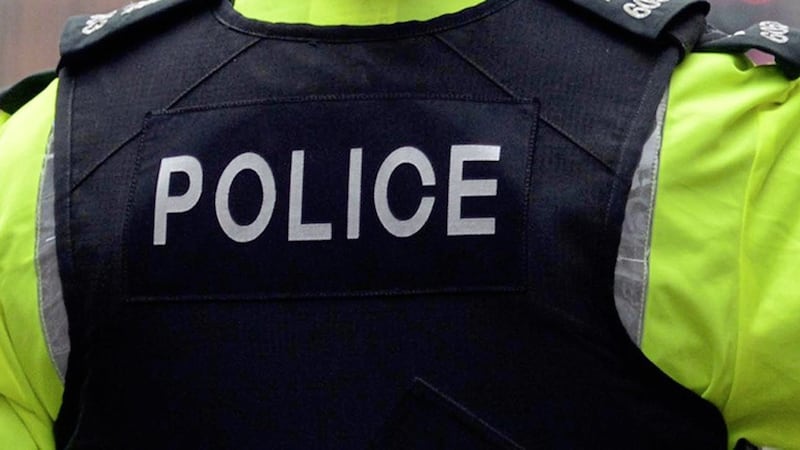Ochón, agus ochón. It has reached that stage now with the Catholic Church when everything, big or small, important or irrelevant, turns into a media event.
Last week we had, in Dublin, the Archbishop scrapping with a government minister over the shortage of priests. Up here we had reports of a declining number of Catholics joining the police service.
The number of Catholics in the police was supposed to be, by this stage, way above the 30 per cent that the 50/50 recruitment policy achieved. Numbers applying have fallen and the police have employed Deloitte to to find out why and to suggest ways to reverse the trend. Why does my heart sink when I hear the likes of Deloitte are being employed to do the work that the organisation should be doing for itself.
In looking to get a grasp on the state of Catholicism they could do worse than focus on the event in Dublin where the Archbishop and a government minister got into a scrap about the falling number of priests and the need for women to become priests. As they say in the media, it took on legs and became a national story.
One of the things to be learned from it is that Irish Catholicism is no longer the monolith it once was. There is no single Catholic voice. The Pope himself is being attacked from other leaders, questioning his orthodoxy and dogmatic correctness. The Church in Ireland can no longer snap its fingers and everyone jumps. It is in that context that the call for more Catholics to join the police here in the north needs to be seen.
And it will be impossible to ignore the reality that the continuing presence and the diminishing activity of dissident republicans is the main reason for the drop off in applications from the Catholic community. It is mainly down to a small group of people who, like some in the Church, have fossilised into dogmatic rigour. Unable to read the signs of the times, blinded by their own conviction that they alone are the guardians of the one, true republican heritage. Everyone else is wrong but the dissidents. At a time when every aspect of political relationship in these islands is in tension, being questioned to its very foundations, their best and only contribution is to prevent men and woman from Catholic/nationalist areas from joining the police. Ignoring, of course, that the police and the dissidents themselves are pretty extraneous in the ancient and fluid question of constitutional change.
But leaving the dissidents aside, the response from the nationalist/Catholic community is disappointing. The young men and women who flocked in great numbers to join the PSNI in the early days must feel a little bit let down by the tepid embrace and encouragement of their own community. They are often assured, no doubt, that their decision to join is supported by the Church and the nationalist parties but they must feel that the holy water is being sprinkled from a great and safe distance. Sinn Féin, now the senior political representatives of that community maintain that it is the responsibility of the police themselves to attract Catholics. I have seldom, if ever, heard Sinn Féin encourage their supporters to join the police. They claim it is their role to hold the police to account. That is strictly true but it is akin to a father who never hugs his children on the grounds that it will make them soft.
A police service, warts and all, needs to be embraced by the community it serves just as police officers need to love, warts and all, the community they serve. Otherwise, it becomes a stiff, formal and cold encounter. And we have known since way back in 2004 that two thirds of Catholics don’t join policing not just because of the fear of being attacked but also because of the negative criticism they might receive from family and friends.
Those figures come from a survey done by the Northern Ireland Research and Statistics Agency when only 14 per cent of the police came from the Catholic community. That percentage increased to 30 per cent during the next ten years or so when the dissidents were most active in their attacks on Catholic police and civilian members of the district policing boards.
When and why did that momentum come to an end? Provide a convincing answer to that, Deloitte, and you will have earned your money.









